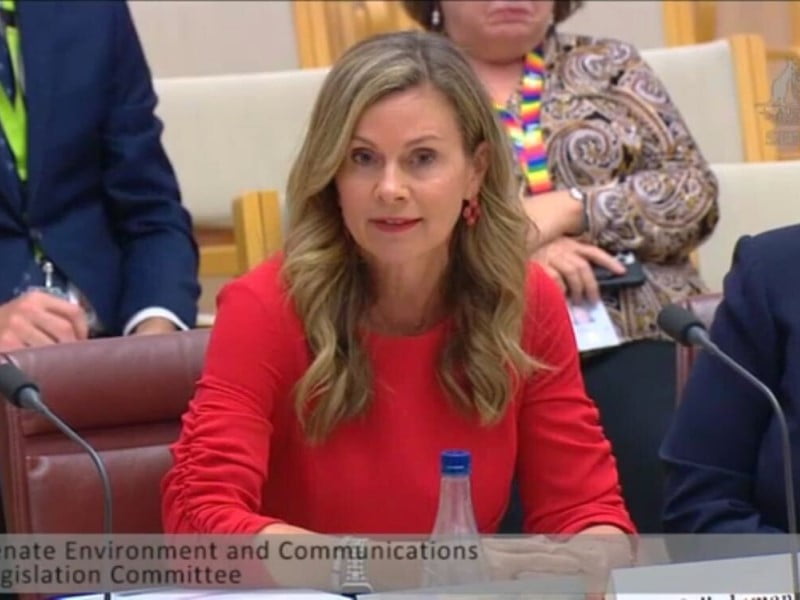Draft online safety codes developed by industry were rejected by the eSafety Commissioner due to shortcomings that had already been flagged, firming the prospect that the government will develop its own codes.
Responding to questions during Senate Estimates on Tuesday evening, the eSafety Commissioner said that “a number of the issues that I raised with them in correspondence are issues that we have raised with them many times, so none of them are new”.
Last week, Ms Inman Grant told associations representing the online industry to resubmit revised draft industry codes because they did not include appropriate community safeguards.
In particular, the code must include adequate steps to reduce the availability of seriously harmful online content, such as child sexual abuse and pro-terror material.

Green Senator David Shoebridge, who was asking questions on the draft industry codes, said the comments did not give him confidence in industry-led code development.
“Big tech has already failed to act on feedback, proving once again that we can’t rely on corporations to regulate themselves to protect our sensitive data and keep us safe online,” Senator Shoebridge said.
The eight codes, which cover different sections of the online industry, have been in development since July 2021, shortly after the Online Safety Act 2021 was legislated.
A final decision on whether or not to register the industry draft codes will be made by the eSafety Commissioner in the second week of March.
The industry groups developing the codes are Australian Mobile Telecommunications Association (AMTA), BSA The Software Alliance (BSA), Communications Alliance (CA), Consumer Electronics Suppliers Association (CESA), Digital Industry Group Inc. (DIGI) and Interactive Games and Entertainment Association (IGEA).
If rejected, the eSafety Commissioner will seek to develop its own industry standards in consultation with the public and other stakeholders.
As the most recent version of the draft code has not been publicly released by the industry, Ms Inman-Grant declined to share the specifics of her concerns.
She also said that while it “would be desirable” for the draft industry codes to be made public, it is the choice of industry to do so.
Senator Shoebridge was also concerned that the public had not been given the opportunity to provide feedback on the most recently submitted version of draft industry codes, received by the eSafety Commissioner last November.
“The public has a right to know what’s being proposed to protect us against extreme violence and online hate. This is especially important when the regulations are seeking to balance sometimes competing interests of data protection, personal privacy and online safety,” Senator Shoebridge said.
“There’s an embarrassing irony in the industry’s refusal to release the codes, because the lack of transparency from big tech is a major part of the problem these codes need to address.”







